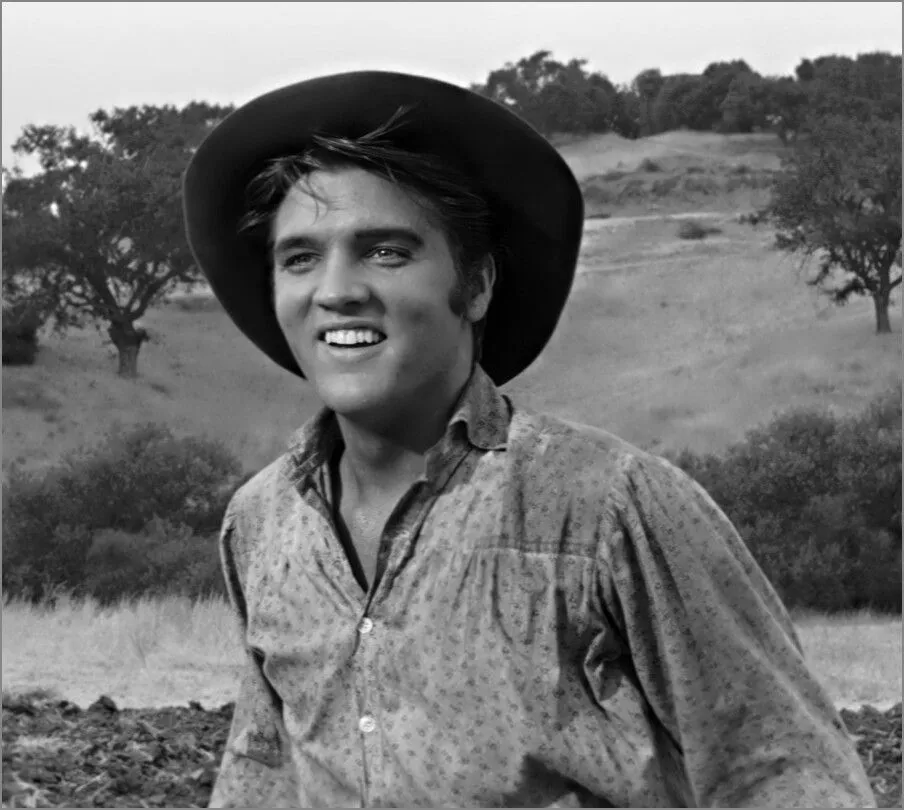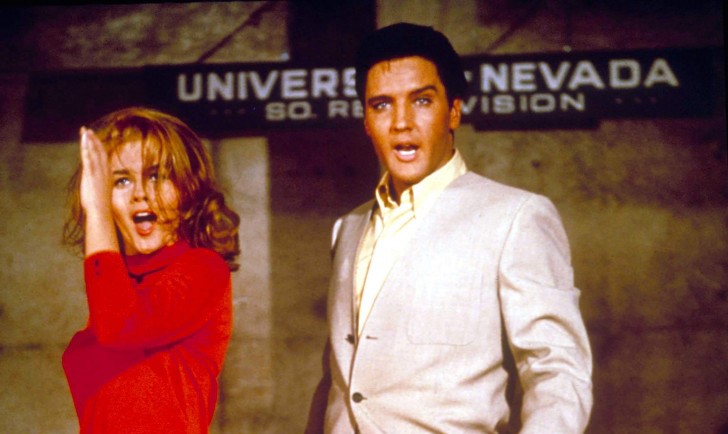For Elvis Presley fans in Los Angeles, November 1970 was a month etched in memory. After a 13-year absence from performing in the LA area, The King returned for a triumphant two-night stand at The Forum in Inglewood, California. These concerts marked a pivotal moment in Elvis' career, showcasing his renewed energy and his commitment to returning to his rock and roll roots.

Elvis' last concert in the Los Angeles area had been in 1957, before his induction into the army. By 1970, his career had undergone a significant shift. He had primarily focused on Hollywood films throughout the 1960s, with his musical output often leaning towards ballads and pop standards. However, a growing dissatisfaction with the material he was given, coupled with a desire to reconnect with his live audience, led to a turning point.
Elvis' 1969 Memphis Special, a live television special recorded at his Graceland estate, signaled a return to his electrifying live performances. The success of the special fueled his desire to return to touring, and Los Angeles was a highly anticipated stop.

The excitement surrounding the concerts was palpable. The Forum, a newly built arena with a capacity of over 17,000, was packed to the brim for both nights (November 13th and 14th). The audience was a diverse mix of fans, from those who remembered Elvis' early rock and roll days to a new generation eager to experience his legendary charisma.
As the lights dimmed and the iconic strains of "Also sprach Zarathustra" (better known to audiences as the theme from the film "2001: A Space Odyssey") filled the arena, the anticipation grew. Then, there he was: Elvis Presley, clad in a white jumpsuit with a sparkling gold belt, took the stage to a thunderous roar from the crowd.

The setlist was a potent blend of his early rock and roll hits like "That's All Right," "Heartbreak Hotel," and "Hound Dog," alongside more recent rock and gospel-tinged numbers like "Polk Salad Annie" and "Suspicious Minds." Elvis' voice was powerful and in top form, showcasing his trademark soulful delivery and playful stage presence. The band, featuring his longtime collaborators James Burton on guitar and Ronnie Tutt on drums, delivered a tight and energetic performance that perfectly complemented Elvis' energy.
The highlight of the shows was undoubtedly Elvis' interaction with the audience. He bantered with fans, joked between songs, and even invited his father, Vernon Presley, onstage for a warm embrace. This personal touch resonated with the crowd, creating a sense of intimacy and connection that transcended the sheer spectacle of the event.

The Los Angeles concerts were a resounding success, both critically and commercially. They served as a powerful reminder of Elvis' undeniable stage presence and his unwavering connection with his fans. The energy and enthusiasm he displayed onstage marked a revitalized phase in his career, paving the way for a string of successful tours in the coming years.
The 1970 Los Angeles shows hold a special place in Elvis Presley's legacy. They signified a return to form for The King, demonstrating his enduring power and his enduring influence on the world of rock and roll. Recordings of the concerts have been bootlegged and circulated for decades, and a complete recording of the November 14th show was officially released in 2018, allowing fans to experience this historic event firsthand.

The impact of these shows extended far beyond Los Angeles. They sparked a renewed interest in Elvis' music and his career, inspiring a generation of new fans. The energy and authenticity he displayed onstage served as a blueprint for future rock and roll performers, solidifying his position as a true icon of the genre.
Today, the 1970 Los Angeles concerts remain a cherished memory for those lucky enough to have witnessed them live. They serve as a testament to Elvis Presley's enduring legacy, his electrifying stage presence, and his unwavering ability to connect with his audience.




